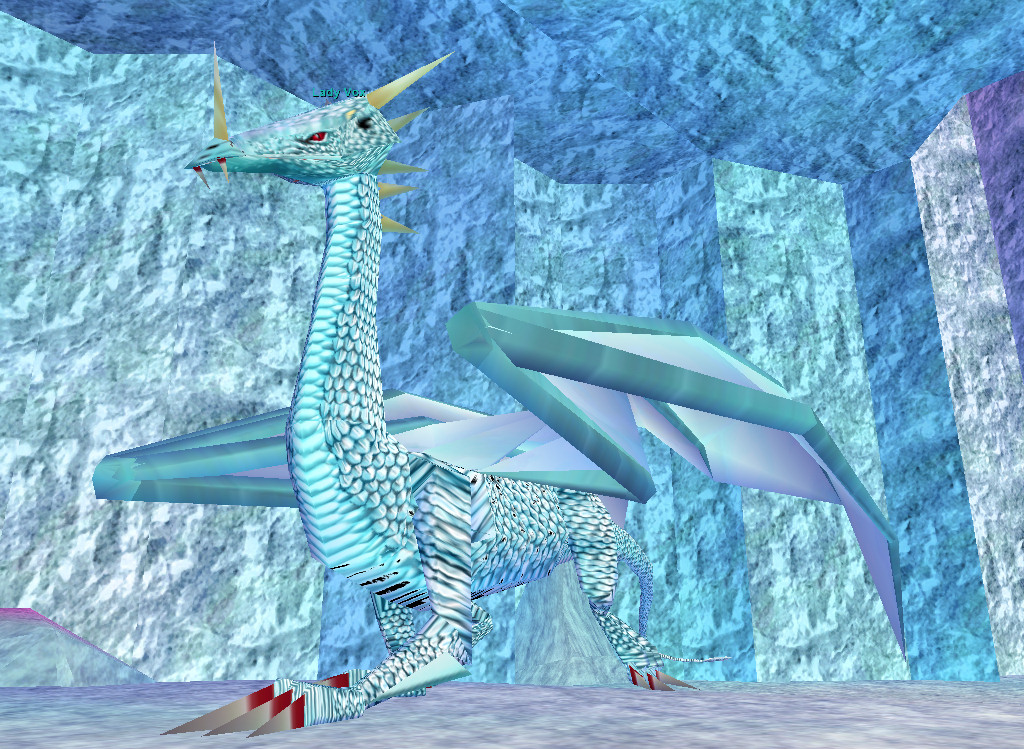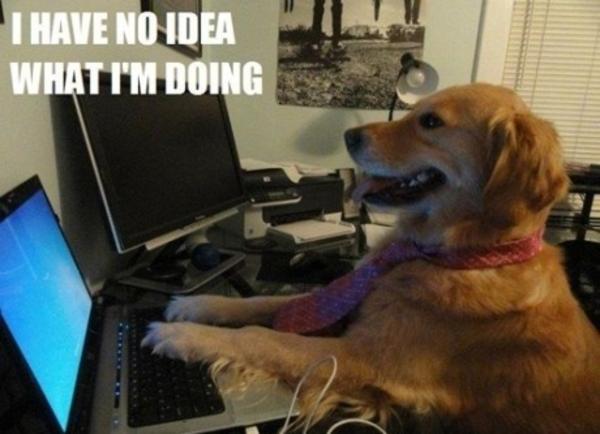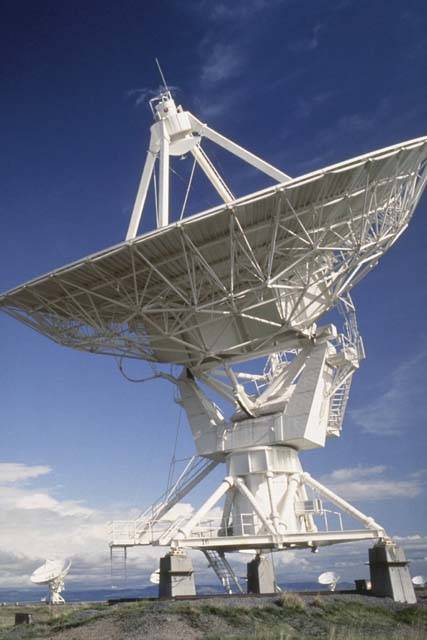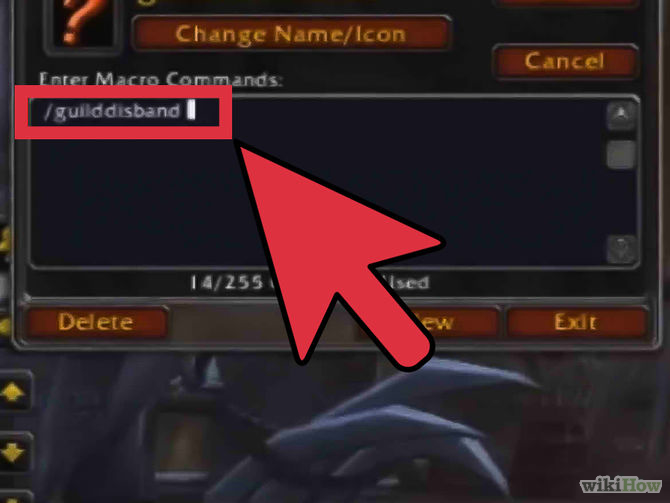I talked about Julie yesterday. I never heard from her after her e-mails, but she left me with a bit more than lasting impressions. I kept playing EverQuest, and I was later approached by someone who knew Julie: a guild leader whose raid group was short a healer and who’d heard good things about me from her. He wanted someone unassuming who could take orders and not cause drama; I fit the bill pretty well.
I got plunged headlong into the world of raiding in EQ. I’d reached max level and had, up to that point, spent most of my time camping rare spawns for items and gearing up alts. My druid wasn’t my most powerful character; my Enchanter was, but this group needed a healer, not a chanter, so Druid it was. Anyone who raided in EQ is probably cringing at the idea of replacing an established raiding cleric with a relatively newly max-level healing druid. Let me add onto that that I played EQ for years on an iffy dial-up connection, so I lagged out constantly and would often have my connection stall without it actually kicking me from the game. From the perspective of anyone watching, I was just standing around, doing nothing.
I was horrible. Absolutely, appallingly bad. The other healers in the group carried my weight for me (with a smile, because they all missed Julie), but it was painfully apparent to me that I was contributing next to nothing. Occasionally, someone would speak up about how terrible I was, and a chorus of people would shout them down. It was extremely uncomfortable, doubly so because I knew that most of them were thinking of me as a memory of Julie; she’d apparently talked about me a lot.
Prior to this, I played aggressively casually. I really wasn’t very good at the game, and had gotten to high levels mostly through sheer stubbornness rather than any actual skill. I very, very quickly started picking up skill at the game, reading what few guides existed online and discreetly talking to some of the other healers about how to improve. It was the first big lesson of working in a team for me– I learned very quickly that the chorus of people shouting down the naysayers couldn’t give me useful advice; I got a lot of “no, you’re fine, don’t worry about it” saving-my-feelings kind of responses. Instead I started asking the outspoken critics– okay, so I’m terrible, what do you want me doing better? Most backed down when confronted, but a few gave me tips, and I started using those to improve.
This was really enlightening for me. I couldn’t get useful help from the people who were ostensibly on my side, but I could from my critics. I hadn’t heard the term “echo chamber” before, but it would have resonated with me (ha!) if I had. It changed the way I started working on mods for games like Morrowind and Oblivion in my free time– rather than listening to the people who said only good things, I got a lot from the people who criticized me. I started to crave brutal criticism, and it wouldn’t be until later that I realized the value of positive feedback. At the time, I felt like I didn’t deserve positive feedback– that was for people who were actually good at things, whereas I was demonstrably not. I reserved my praise for other people who I thought were more skilled than I was (read: everyone) and retained the criticism for myself.
I also started intentionally subbing out for other healers. It would be easy to say that it hurt my pride to do so, but it really didn’t– I was a pretty insecure teenager at the time and I wanted the group to succeed, so I’d show up on time but then opt out for someone who I thought was better (read: everyone). On the rare times I played at a friend’s house who had DSL, my performance was dramatically better, enough that people commented on it. I took this as a sign that I shouldn’t continue holding the group back. I eventually said I couldn’t play anymore, making up some nonsense story about me using too much internet time, and while the group was sad, they told me I should come back if I could get playtime. I thought that was unlikely, but I agreed, and figured they’d forget about this terrible player and move on. For me, it was a relief, because I was still hyper-insecure about my skill and thought it would be better if I wasn’t dragging down the group.
A little while later, we got a satellite internet connection at home. It was laggy, largely terrible for games, but perfectly functional for MMO speed and, more importantly, STABLE. I hopped on EQ and immediately had tells waiting for me– want to hop in a raid? I couldn’t imagine why, but it turned out they needed a healer badly enough that I’d make or break their ability to go. I didn’t like it, but I figured I’d do my best and see.
I had already had terrible ping from my out-in-the-boonies dialup connection, so I was used to that, but the stability of satellite meant I could actually predict what might happen. I had things down cold, and it felt like it was easy to see what was going to happen and prepare for it. It was obvious to everyone who was paying attention that I was much, much better, and it was at this point where I got to see my first massive leadership failure.
The raid leader was thrilled that I was back and now actually *good*, and wanted to give me a permanent spot on the raid. This annoyed a number of people, particularly those who had criticized me before but now didn’t have a leg to stand on because I was legitimately skilled. It was seen as the leadership playing obvious favorites, and it absolutely was. I watched as I became the reason why this raid group and guild imploded. In retrospect, the problems were there and I had just been a catalyst for everything, but at the time it felt like I was the problem, why this otherwise perfectly functional and successful group was now failing.
I couldn’t take it, and after the guild shattered, I quit EverQuest for good. I hated the drama, and hated myself for causing it, but it did leave me with a little seed that became really important later: I could be good at these games. It wasn’t something I’d ever thought about for myself before– I liked games but wasn’t very good at them– but now I was thinking it. Not just “good”, but “better than other players”. It got me eyeing a new sort of game, one where I could prove that I was better than other players. I got into DAoC shortly thereafter, where I did a number of things I’m not proud of and tried to atone for them, though that’s a story for later.
My experience with Julie’s guild left me looking at organizations though, especially online ones where it’s easy to miscommunicate, and thinking about how it could be done better. It would be a little while before that took root, but that’s where the seed was planted. I thought a lot about how groups functioned after that, spending my time in the next few games I played looking at how things were going. It eventually drove me to start my own guild– also a story for later.





1 comment